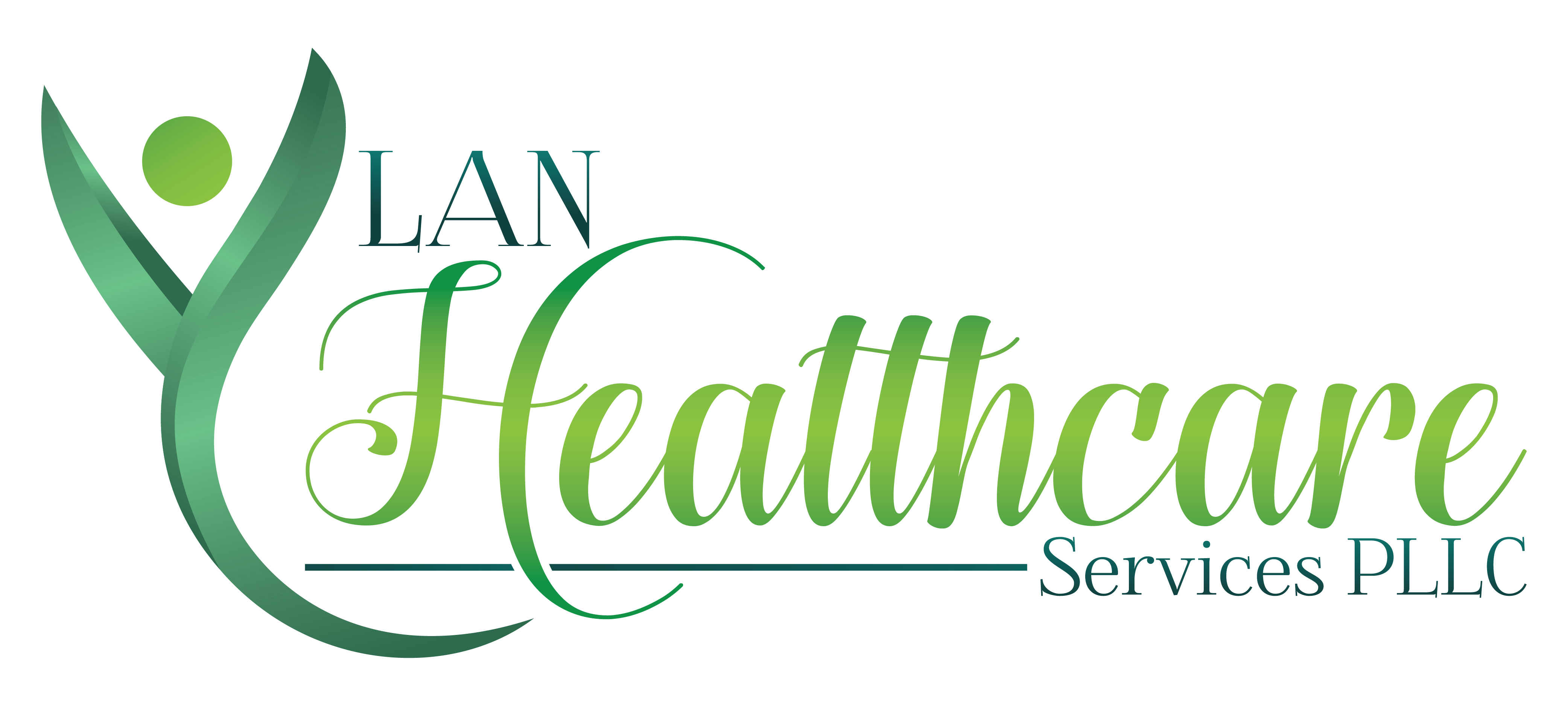Healthy eating is the foundation of good health and well-being. A balanced diet provides the essential nutrients your body needs to function optimally, maintain energy levels, and prevent chronic diseases. Here are some practical nutrition tips to help you achieve and maintain a balanced diet.
-
Understand the Food Groups:
A balanced diet includes a variety of foods from different food groups: fruits, vegetables, grains, protein sources, and dairy. Each food group provides unique nutrients that are essential for health. Aim to include a mix of these food groups in your daily meals to ensure you get a wide range of nutrients.
-
Focus on Whole Foods:
Whole foods, such as fruits, vegetables, whole grains, lean proteins, and nuts, should be the cornerstone of your diet. These foods are minimally processed and retain their natural nutrients, providing the best fuel for your body. Avoid heavily processed foods, which are often high in added sugars, unhealthy fats, and sodium.
-
Prioritize Fruits and Vegetables:
Fruits and vegetables are rich in vitamins, minerals, antioxidants, and fiber. Aim to fill half your plate with fruits and vegetables at each meal. Include a variety of colors and types to ensure you get a wide range of nutrients. Fresh, frozen, and canned (without added sugars or sodium) options are all good choices.
-
Choose Whole Grains:
Whole grains, such as brown rice, quinoa, oats, and whole wheat bread, are more nutritious than refined grains. They contain more fiber, which aids in digestion and helps you feel full longer. When selecting grain products, look for those labeled “100% whole grain” or “whole wheat.”
-
Include Lean Proteins:
Protein is essential for building and repairing tissues, and it plays a crucial role in many bodily functions. Choose lean protein sources, such as poultry, fish, beans, lentils, tofu, and low-fat dairy products. Incorporate a variety of protein sources to benefit from different nutrients each provides.
-
Healthy Fats are Important:
Not all fats are bad. Healthy fats, such as those found in avocados, nuts, seeds, and olive oil, are essential for brain health, hormone production, and overall well-being. Limit saturated and trans fats, which are found in fried foods, baked goods, and processed snacks, as they can contribute to heart disease and other health issues.
-
Watch Your Portion Sizes:
Even healthy foods can contribute to weight gain if consumed in large quantities. Be mindful of portion sizes to maintain a healthy weight. Use smaller plates, bowls, and utensils to help control portions. Pay attention to hunger and fullness cues, and avoid eating out of boredom or stress.
-
Stay Hydrated:
Proper hydration is essential for overall health. Water supports digestion, nutrient absorption, and temperature regulation. Aim to drink at least eight 8-ounce glasses of water a day, or more if you are physically active or in a hot climate. Limit sugary drinks, sodas, and excessive caffeine, as they can lead to dehydration and other health issues.
-
Plan and Prepare Meals:
Planning and preparing your meals ahead of time can help you make healthier choices and avoid the temptation of fast food or convenience meals. Set aside time each week to plan your meals, create a shopping list, and prepare ingredients in advance. Batch cooking and storing meals in portion-sized containers can save time and ensure you have healthy options available.
-
Read Nutrition Labels:
Understanding nutrition labels can help you make informed choices about the foods you eat. Look for products with lower amounts of added sugars, sodium, and unhealthy fats. Pay attention to the serving size, as it may be smaller than you expect. Choose products with higher amounts of fiber, protein, vitamins, and minerals.
-
Practice Mindful Eating:
Mindful eating involves paying attention to what and how you eat, focusing on the experience of eating, and listening to your body’s hunger and fullness signals. Avoid distractions, such as watching TV or using your phone, while eating. Take your time to savor each bite, and stop eating when you feel satisfied, not overly full.
-
Limit Added Sugars:
Excessive sugar intake is linked to various health issues, including obesity, diabetes, and heart disease. Limit foods and drinks high in added sugars, such as sugary beverages, candies, baked goods, and sweetened cereals. Opt for natural sweeteners like fruit or small amounts of honey or maple syrup if needed.
-
Moderation is Key:
A balanced diet doesn’t mean you have to completely eliminate your favorite treats. Enjoy indulgent foods in moderation, balancing them with healthier choices. Allowing yourself occasional treats can help prevent feelings of deprivation and support long-term healthy eating habits.
-
Listen to Your Body:
Everyone’s nutritional needs are different. Listen to your body and adjust your diet based on how you feel. If certain foods make you feel sluggish or unwell, consider reducing or eliminating them. Pay attention to how different foods affect your energy levels, mood, and overall well-being.
-
Seek Professional Guidance:
If you have specific dietary needs or health conditions, consider seeking guidance from a registered dietitian or nutritionist. They can provide personalized recommendations and help you develop a meal plan that meets your unique needs and goals.
In conclusion, healthy eating is about making informed choices that support your overall health and well-being. By focusing on whole foods, prioritizing fruits and vegetables, choosing whole grains and lean proteins, incorporating healthy fats, watching portion sizes, staying hydrated, planning and preparing meals, reading nutrition labels, practicing mindful eating, limiting added sugars, and listening to your body, you can achieve a balanced diet that promotes good health. Remember, moderation and consistency are key to maintaining healthy eating habits in the long run.

